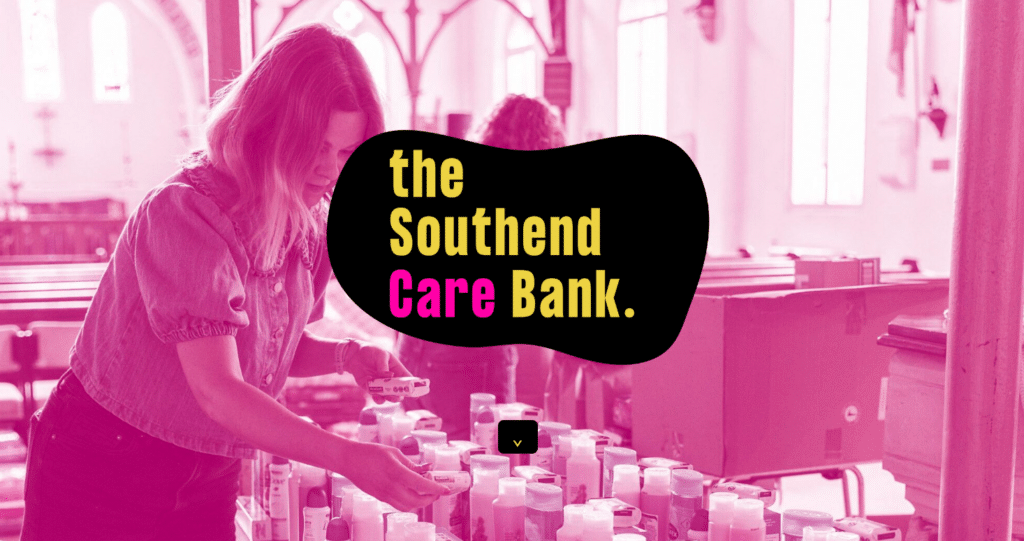In today’s rapidly evolving business landscape, UK startups are at the forefront of a remarkable transformation. They are not just incubators of innovation but pioneers of social responsibility, reshaping the traditional business ethos to encompass a more ethical, inclusive, and sustainable approach. This shift, driven by changing consumer expectations and a broader societal demand, signifies a new era where business success is measured not just in profits, but in positive societal impact.
The Rise of Ethical Business Practices
The core of this transformation lies in the rising demand for ethical business practices. Consumers, more informed and conscientious than ever, are holding companies accountable for their actions. They seek transparency and integrity, pushing businesses to adopt practices that are not just legally compliant but morally sound. Startups, with their natural inclination for disruption and innovation, are responding by embedding these ethical practices into their DNA.
Diversity and Inclusion: More Than Just Buzzwords
For UK startups, diversity and inclusion are not just buzzwords but essential components of their business strategy. Recognizing the value of diverse perspectives, these companies are implementing non-discriminatory hiring practices. This move towards a more inclusive work environment does more than just tick a box; it fosters a culture of creativity and problem-solving, essential in today’s competitive market.
Fair Wages: Investing in People
Another significant aspect of this shift is the focus on fair wages. Startups are understanding that equitable compensation goes beyond fulfilling a moral obligation; it is a strategic investment in their people. Fair wages lead to higher employee satisfaction, loyalty, and productivity, all of which are critical for a startup’s growth and success.
Protecting Employees: A Safe and Respectful Workplace
Protection of employees from misconduct is a priority for these burgeoning companies. By establishing robust policies and procedures, startups are ensuring a safe and respectful working environment. This proactive approach in dealing with issues like harassment and discrimination not only fosters a healthy workplace culture but also builds a strong brand reputation.
Beyond the Office Walls: Environmental and Social Impact
UK startups are also extending their responsibility beyond internal operations to consider the wider environmental and social impact of their products and services. Many are adopting sustainable practices, engaging in ethical sourcing, and actively participating in community initiatives. This not just adheres to regulatory standards but aligns with the values of stakeholders, building trust and loyalty.
Navigating Challenges: Balancing Responsibilities and Growth
Embracing social responsibility is not without its challenges, especially for startups operating with limited resources. Balancing these responsibilities with financial constraints requires strategic thinking and innovation. However, the long-term benefits of building a socially responsible brand are evident – from stronger customer loyalty and employee engagement to sustainable growth.
Conclusion: A Paradigm Shift in Business
The trend towards social responsibility in UK startups reflects a larger cultural shift. It’s a move away from the profit-at-all-costs mentality to a more balanced view of what business success looks like. Consumers, employees, and society at large increasingly expect companies to play a positive role in addressing social and environmental issues. UK startups are not just meeting these expectations; they are setting new standards, contributing to a better world, and in the process, securing their place as leaders in the future of business.
In this new era, social responsibility is not just a corporate strategy; it’s a commitment to the future, a badge of honour for businesses, and a beacon of hope for society. UK startups, with their innovative spirit and ethical compass, are showing the world that business can be a force for good.








